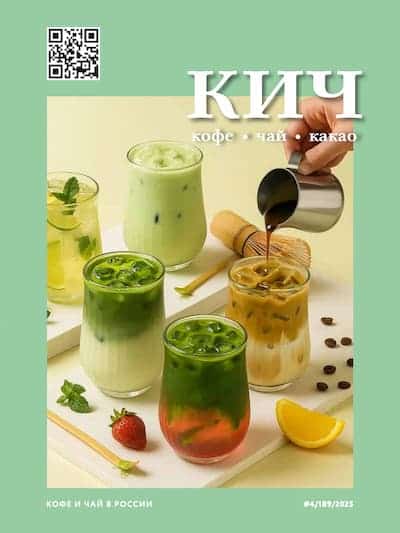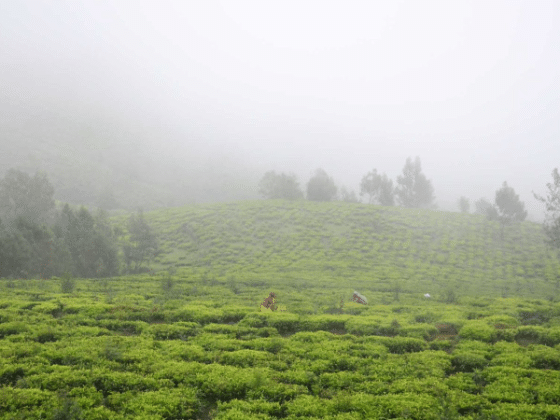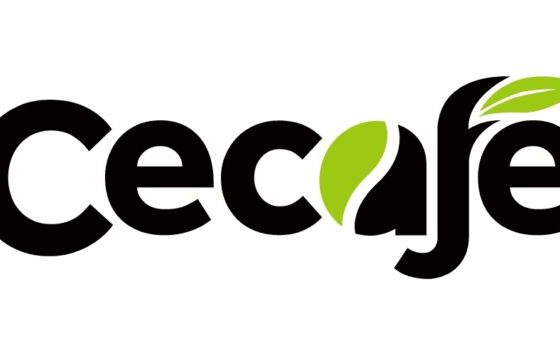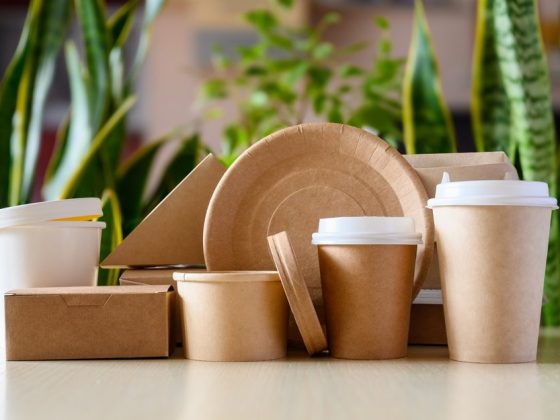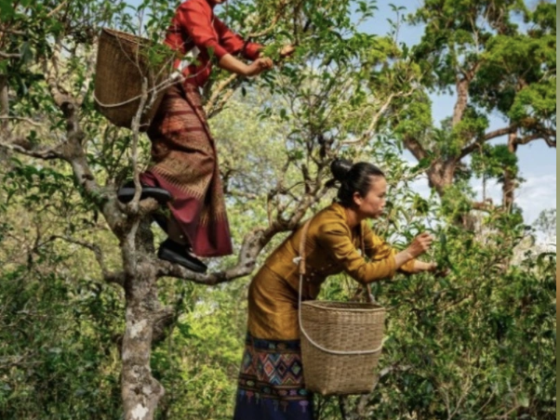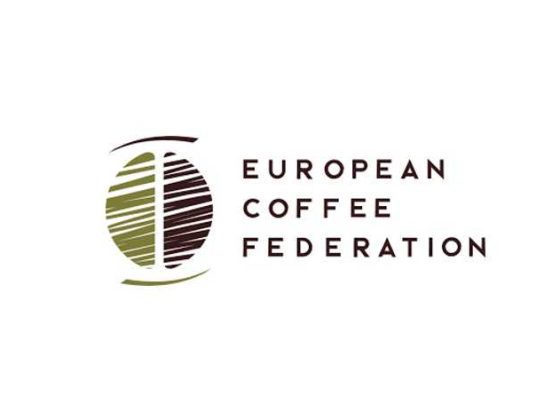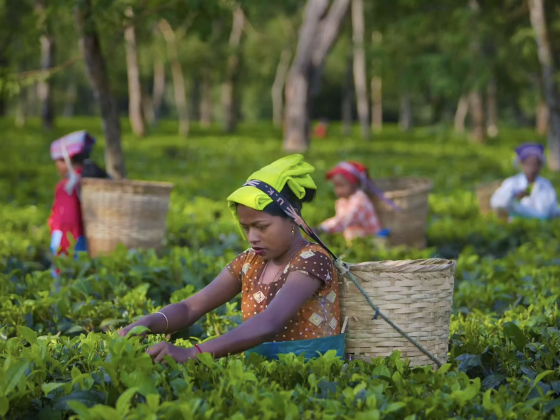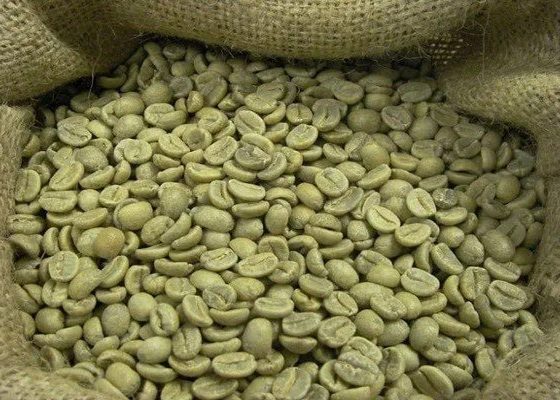Official statistics from the Democratic Republic of Congo (DRC) demonstrate the country’s challenges in the coffee sector. Its total estimated coffee production is 63,000 metric tons per year, yet officially reported exports were only 8,167 metric tons in 2012/2013. Very little coffee is consumed domestically, so where is the remainder going? In the border regions of Eastern Congo, it is common knowledge that coffee producers are at the mercy of illicit buyers. As tax rates are significantly lower in Rwanda and Uganda, coffee is often smuggled into neighboring countries. This helps to explain why official Congolese coffee exports plummeted from a historical high of 130,000 metric tons per year in the mid-1980s down to about 6% of that today.
Quality coffee for sustainable incomes
At the request of the DRC government and the International Coffee Organization (ICO), the Common Fund for Commodities (CFC) is funding a project to support small-holder coffee producers in this vulnerable region. The CFC is contributing USD 1.4 million, including a USD 700,000 contribution by the OPEC Fund for International Development (OFID). Co-financing has been provided by Belgium’s Directorate General for Development Cooperation (DGD) and Dutch NGO Cordaid for parallel activities. The Belgian NGO Vredeseilanden will manage and implement the project through its Congolese representative VECO DR Congo as part of a larger program with ambitious objectives. The project will focus on improving farmers’ capacity to produce top quality coffee and their access to international markets. It aims to provide financial security to coffee producers affected by war in three provinces of DRC (Orientale, North Kivu and South Kivu). Upon completion, this project will serve as a model for providing people displaced by war with sustainable incomes that contribute to economic stability for the entire country. The project is scheduled to run from 2014 to 2017.
Micro-washing stations (MWS) play a central role
As a first step in the process, the project will pilot the use of micro-washing stations (MWS) which enable farmers to process coffee closer to where it is grown, as well as receive better market prices than selling the raw fruit. Each MWS will be owned by a group of at least 100 smallholder coffee producers, each contributing USD 50. As the total cost of building and equipping a washing station is about USD 10,000, the remaining USD 5,000 will be provided by the project in the form of necessities like roofing materials, fermentation tanks, scales, moisture meters and a mini eco pulper with a capacity of 1.2 metric tons of cherries per hour. These investments will be reimbursed to the central cooperatives overseeing the washing stations. The repayment periods will depend on the coffee market: higher prices mean faster repayment. Over time, this revolving loan fund will help establish new MWS groups.
A management committee was formed for each MWS. As part of their responsibilities, they developed a procedure manual with hand-drawn illustrations which allowed them to effectively share information with the entire group, including members who are illiterate. By production region, the MWS groups will form a coffee marketing cooperative. On the island of Idjwi (South-Kivu) and in Ituri (Orientale Province), existing cooperatives will integrate the MWS in their structure. New cooperatives will be formed in Ruwenzori and in the Beni-Lubero area, both in North-Kivu.
Connecting to international markets
VECO will also broker relationships with international coffee buyers. High-quality, micro-station washed coffee is attractive to specialty coffee buyers, but it may take a few years for coffee from Eastern Congo to build a strong reputation on the world market. Once trading relationships are well established, VECO will exit the process.
One of the project’s ongoing challenges will be mobilizing capital. Financial institutions are still reluctant to invest in the DRC, fearing high insecurity and corruption levels. Another challenge will be convincing authorities in the DRC to harmonize coffee tax regimes with neighboring countries to discourage smuggling.
Currently, tax rates in Rwanda and Uganda are around 1.5% of the FOB value versus more than 10% in the DRC.
Brighter future for Congolese coffee farmers
Better prices from quality coffee buyers will boost coffee production considerably. The project distributed 3 million seedlings of coffee varieties well-adapted to the region, in close cooperation with the DRC’s Office National du Café (ONC) and Institut National pour l’Etude et la Recherche Agronomiques (INERA). The seedlings provide an opportunity to promote good agricultural practices, including agroforestry with shade trees.
The program intends to support the construction of at least 80 MWS (43 with CFC/ICO support). But Eastern Congo shows even greater potential. It is estimated that the island of Idjwi alone could accommodate 120 MWS. To date, the new MWS have been established faster and in greater numbers than originally predicted, meaning that additional financial support may be necessary sooner than the project’s target end date of 2017.
Regardless of international coffee prices, completion of this project will enable smallholder farmers in Eastern Congo to obtain far better prices than they receive today. In 2013, coffee farmers in the program region had an average annual household income of USD 300. By the end of the program, the average household income is expected to double due to the combined effects of improved quality, increased production and connections to specialty markets. The increased income will demonstrate the benefits of regional peace and offer young people an appealing alternative to joining rebel groups. In addition, the dramatic improvements in quantity and quality of exported coffee will provide considerable economic gains to the government of the DRC and the country as a whole.
Source: icocoffeeorg.tumblr.com/post/91849401860/reviving-the-coffee-sector-in-the-democratic-republic?utm_source=All+-+English&utm_campaign=00e1231eef-ICO_Newsletter_2014_Press_July_2014&utm_medium=email&utm_term=0_296757b589-00e1231eef-164275009
